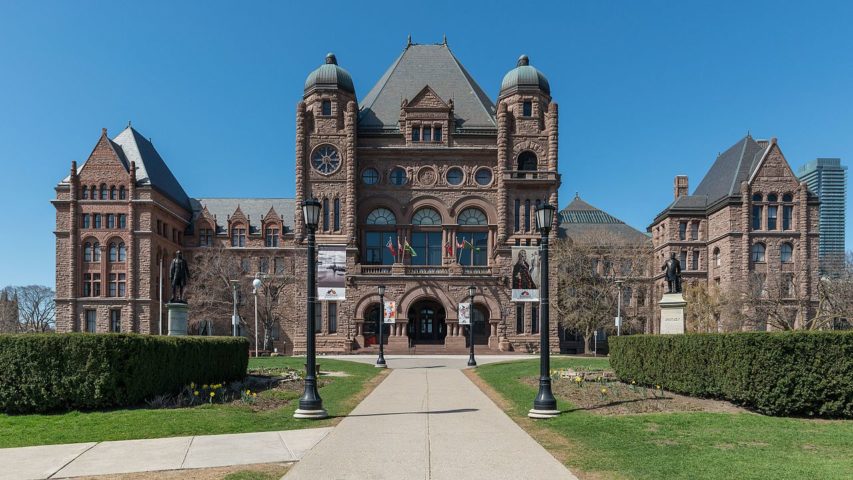Veronique de Rugy manages to find three things that 2017 produced that somehow didn’t kill millions of Americans (so far, as far as we know):
First, President Donald Trump just signed a historic reduction in the corporate income tax rate, from 35 percent — the highest of all industrialized nations — to 21 percent. And except for a one-time repatriation tax, the U.S. will no longer tax most profits made by businesses overseas.
Both changes should boost economic growth and American workers’ wages. Moreover, the reform removes many of the distortions that discourage companies from investing foreign-earned income in the United States and prompt them to use tax avoidance techniques.
Second, this was a very good year for deregulation. Cutting taxes isn’t the only way to boost growth and raise wages; innovation may matter even more. Getting rid of duplicative and outdated regulatory hurdles to innovation promises to have a real impact on our lives. That’s what the Trump administration, with the help of Congress, seems committed to doing.
When the president first got to the White House, for example, he froze many not-yet-implemented Obama-era regulations. These include the punishing overtime pay regulation, which would have increased the cost of employing workers and ultimately reduced their base compensation to offset the increase in overtime pay.
[…]
Last but not least are the sustained efforts by Sens. Pat Toomey, R-Pa., and Richard Shelby, R-Ala., to slow down the process that would restore the Export-Import Bank, a bastion of cronyism, to its full and former glory.
Appointing enough board members to give Ex-Im a full quorum would instantly restore the agency’s ability to sign off on deals above $10 million for the benefit of a handful of very large foreign and domestic corporations. By resisting, the two senators are fighting a lonely fight on behalf of the unseen victims of corporate welfare.





